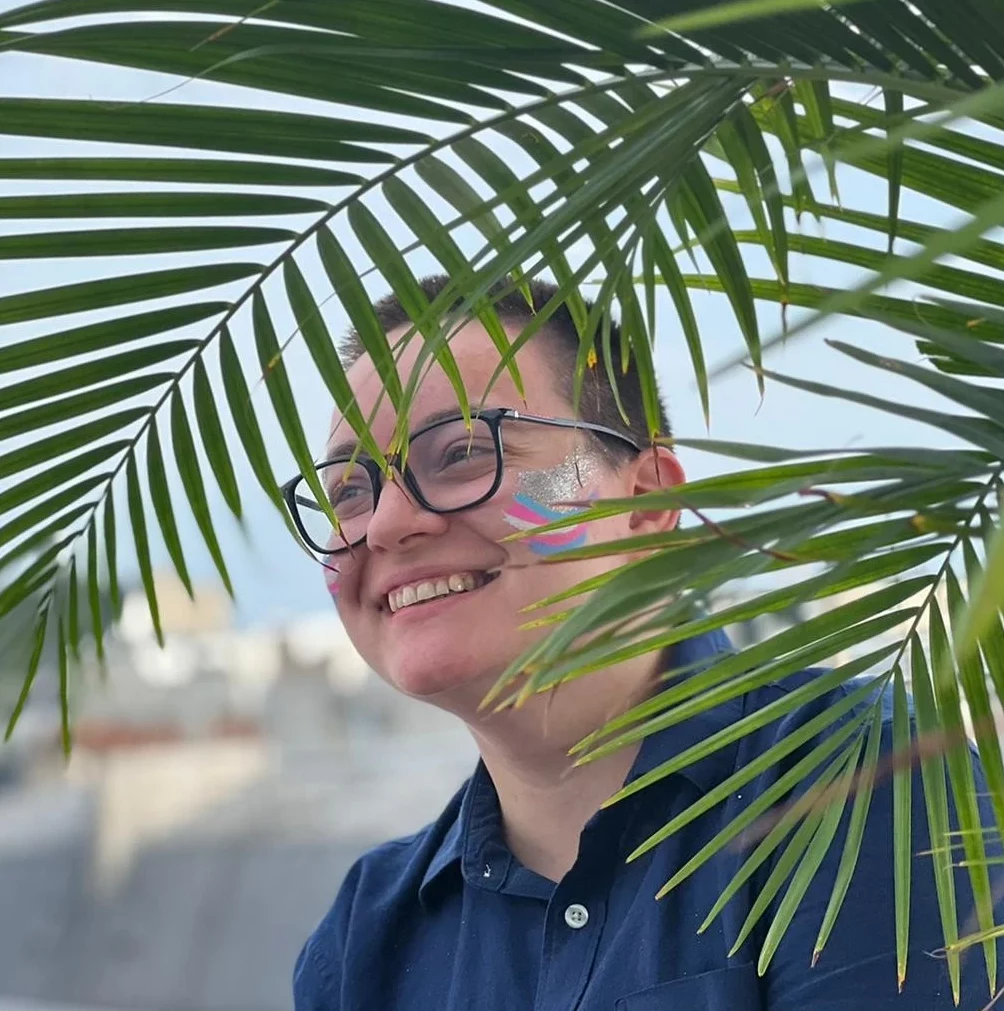fatigue (chez Friction)
Militer, c’est bien. J’aime ça. Ma vie adulte est jalonnée d’engagements militants, à la fois communautaires et syndicaux. Et c’est rien de dire que j’y ai laissé quelques plumes au passage. On pourrait penser que les coups les plus violents sont portés par des ennemi·es politiques, mais ceux qui te mettent vraiment au sol, ce […]
Au final, je les comprends, celles et ceux qui décident de s’éloigner du militantisme. Qui décident que la thérapie et les prescriptions d’anxios devraient être réservées au travail salarié.
